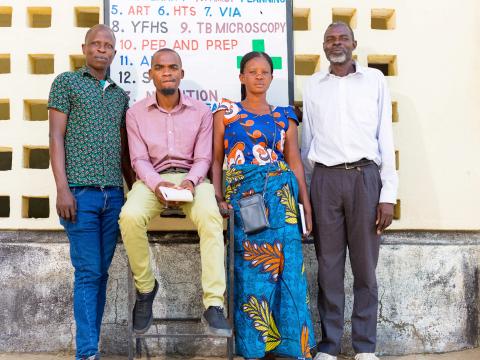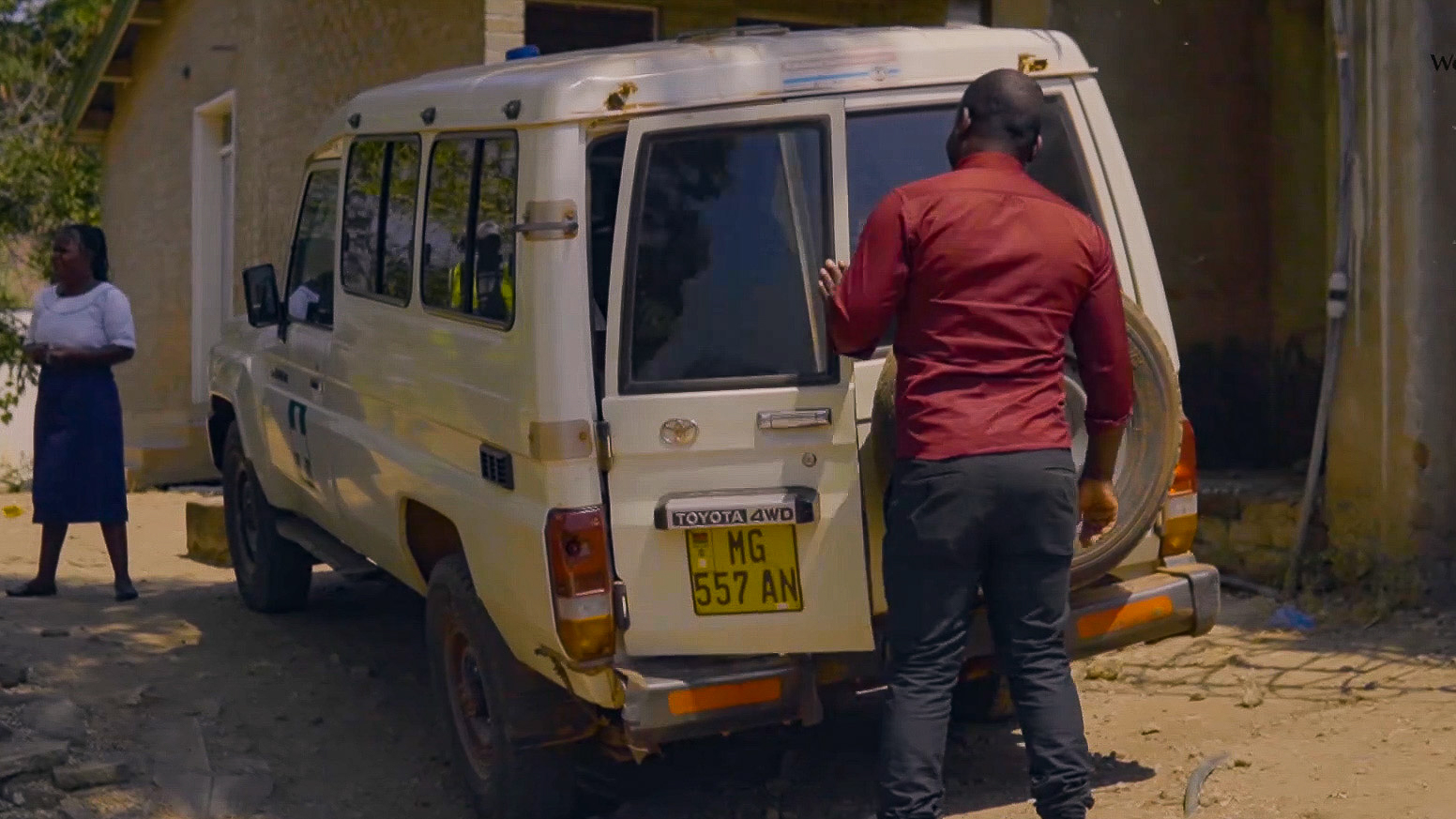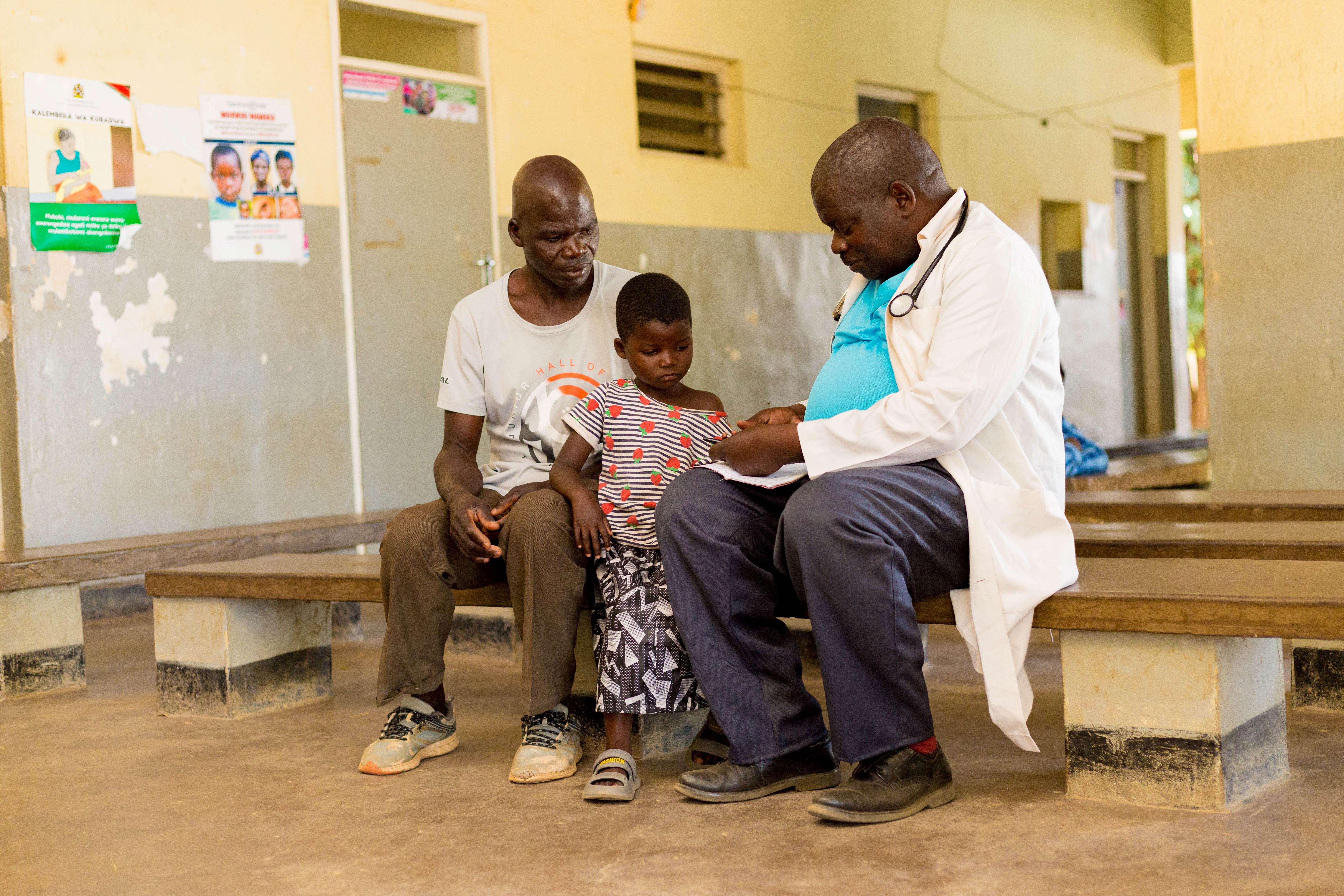Community Score Cards saves Nkhata Bay health facility from closure

The buzz of green well-fleshed flies was a common sound at the ablution of what was believed to be a life-saving facility in the lakeshore area of Usisya in Nkhatabay, 60 kilometres, a two-hour drive from the administrative centre of Mzuzu city.
Without running water, the wards at Usisya Health Center could only be cleaned once, and at most, twice a week.
Usisya Health Center clinician in-charge, Roosevelt Njeghanje had the frequent thought to close the only health centre in the area.
“This facility has been facing sanitation challenges as we only have had two toilets which almost filled to the brim. Coupled with water challenges, the situation worsened as we feared the place could turn into a cholera zone, so we thought of closing,” says Njeghanje.
As if this was not enough, 30 yearold Trivy Thawi watched her sister undergo a miscarriage at the facility because there was no ambulance to ferry her to Mzuzu Central Hospital where she was referred.
“When my young sister was due for delivery, we came here, but we were told she had minor complications that called for the services of a gynecologists', but there was no ambulance to take us to Mzuzu until evening of that day, so she miscarried, ”explains Thawi.
But with a Malawi Network of Aids Services Organization (MANASO) powered advocacy group, Community Score Card (CSC), Usisya now has two additional toilets as well as an ambulance.

Chaired by Henry Mphande, the Usisya Score Card has been advocating for a number of support for the health centre, including fixing of a broken water system which is powered by a submissive pump.
Mphande’s CSC brought together community members and service providers to map a way forward for improved service delivery at Usisya Health Center.
“We were so concerned with the lowering of standards at our health center. So when MANASO came to train us on the CSC tools, we were so happy because we knew that was a road map to reducing health challenges in our community. With our efforts, we now have a full-time ambulance, we just have had an additional staff, a nurse and Health Surveillance Assistants (HSAs’) as well as two additional toilets, ” says Mphande.

Michael Kameta is MANASO district chairperson for Nkhatabay. He has been instrumental in setting up the CSC model in the district.
“The CSC have been quite effective so far. First, we started with training the community members on the scoring tools, thus how they can identify the challenges and arranging them by order of priority as well as identifying key duty bearers crucial to solving the challenges.”
“Then we called for an interface between duty bearers and community members before setting up the Community Score Card to make follow up on the suggested solutions through a plan of action that was put in place, ”says kameta.
Njaghanje, the Health Center in Charge says he is so content with the CSC model as it is a force to reckon in as far as responding to their needs is concerned.
“We have spent two years without an ambulance at this facility, and there was a time we registered a maternal death because we had no ambulance to take the client to Mzuzu. But today because of the CSC, the District Health Office has responded by providing us with an ambulance now, we are so grateful to Global Fund for creating this advocacy model through the MANASO-World Vision Malawi partnership,” he says.
Among others, the Usisya Score Card in conjunction with the Health Advisory Committee (HAC) has also advocated for a service charter at the health center for the first time ever.